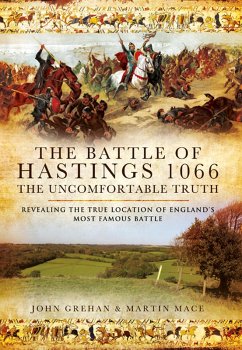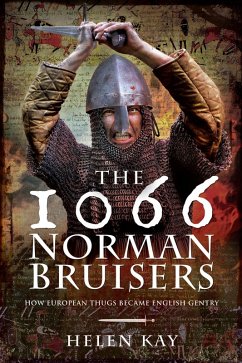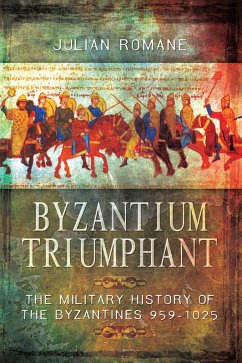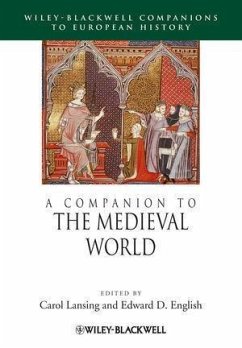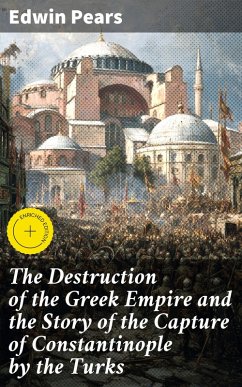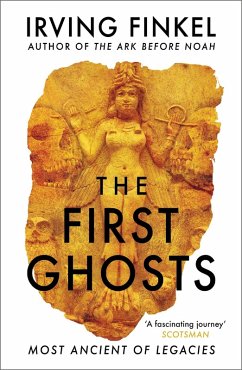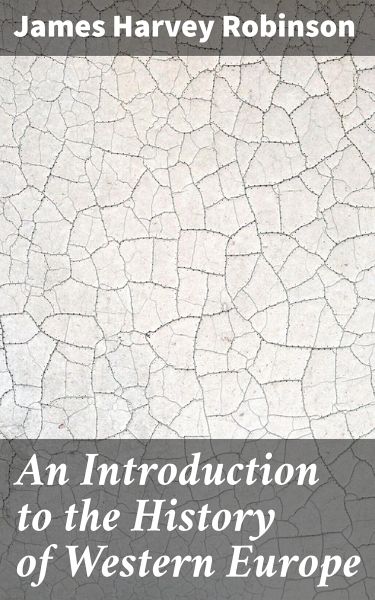
An Introduction to the History of Western Europe (eBook, ePUB)
Exploring the Cultural Evolution of Western Europe
Versandkostenfrei!
Sofort per Download lieferbar
1,99 €
inkl. MwSt.
Weitere Ausgaben:

PAYBACK Punkte
0 °P sammeln!
In "An Introduction to the History of Western Europe," James Harvey Robinson offers a comprehensive examination of Europe'Äôs past, from the fall of the Roman Empire to the dawn of the modern age. Robinson'Äôs literary style is characterized by clarity and accessibility, making complex historical narratives digestible for the lay reader. He eschews traditional chronological accounts in favor of thematic explorations that illuminate the interconnections among social, political, and economic developments. This contextual approach situates European history within broader global frameworks, re...
In "An Introduction to the History of Western Europe," James Harvey Robinson offers a comprehensive examination of Europe'Äôs past, from the fall of the Roman Empire to the dawn of the modern age. Robinson'Äôs literary style is characterized by clarity and accessibility, making complex historical narratives digestible for the lay reader. He eschews traditional chronological accounts in favor of thematic explorations that illuminate the interconnections among social, political, and economic developments. This contextual approach situates European history within broader global frameworks, reflecting the burgeoning interest in historical relativism that marked the late 19th and early 20th centuries. James Harvey Robinson, a prominent American historian and a key figure in the development of progressive historiography, was deeply influenced by the intellectual currents of his time, particularly the emphasis on critical thinking and an interdisciplinary approach to history. He sought to challenge conventional narratives that often overlooked the role of ordinary people and cultural forces in shaping history. His educational background at Harvard and his interactions with contemporaneous European scholars informed his innovative perspectives on historiography. This essential work is highly recommended for students, educators, and anyone intrigued by European history. Robinson'Äôs engaging narrative and insightful analysis encourage readers to think critically about the past and its enduring implications, making it a vital resource for understanding the complexities of Western civilization.
Dieser Download kann aus rechtlichen Gründen nur mit Rechnungsadresse in A, B, BG, CY, CZ, D, DK, EW, E, FIN, F, GR, H, IRL, I, LT, L, LR, M, NL, PL, P, R, S, SLO, SK ausgeliefert werden.





